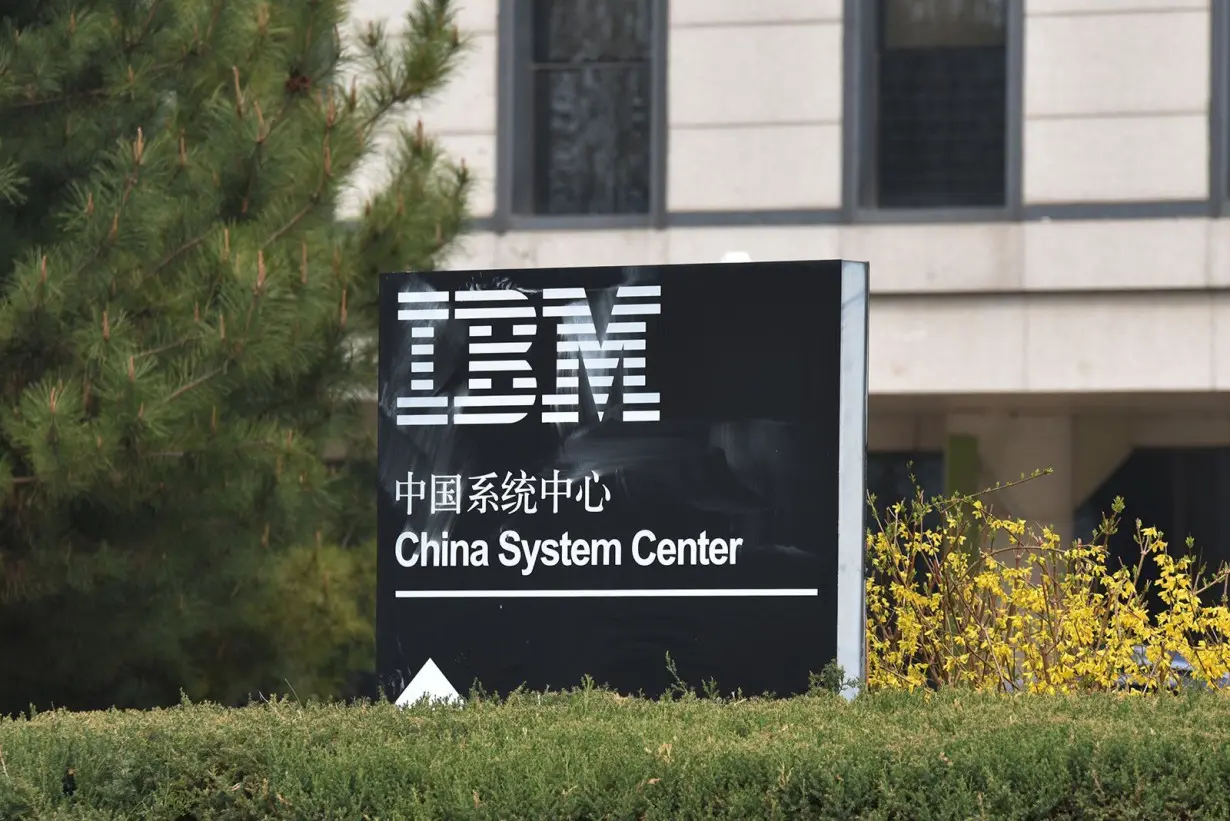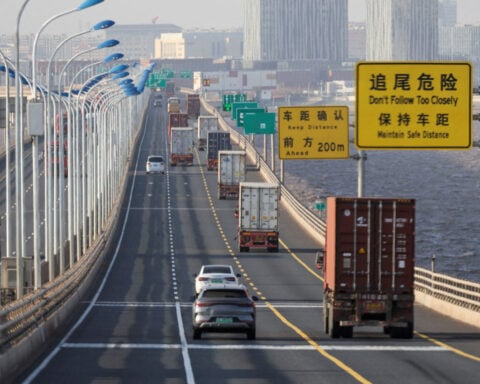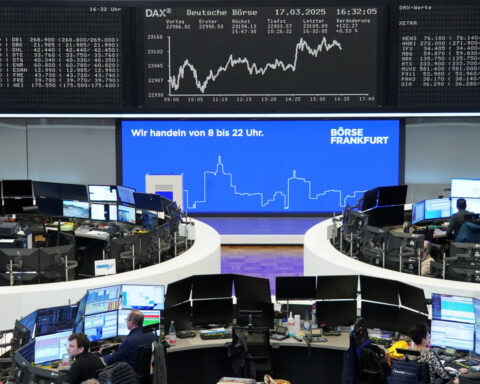Hong Kong (CNN) — IBM is cutting more than 1,000 jobs in China, according to multiple state media reports, as geopolitical tension between Beijing and Washington prompts many global companies to reassess their future in the world’s second-largest economy.
Relations between the United States and China have deteriorated over technologies like artificial intelligence (AI) and green technology, in part due to national security concerns. Some firms have quietly laid off or relocated staff.
Yicai, a Chinese state-owned financial media outlet, reported on Monday that IBM (IBM) was closing its research operations in the country entirely. That included its China Development Lab, which opened 25 years ago in 1999, and the China Systems Lab, it said.
In a statement sent to CNN on Tuesday, the company declined to comment on the number of job losses or whether it would retain any research staff in China.
“IBM adapts its operations as needed to best serve our clients, and these changes will not impact our ability to support clients across Greater China region,” it said.
Jiemian, another state-media outlet, wrote on Monday that the job cuts — which reportedly affected staff in Beijing, Shanghai and Dalian — were announced by Jack Hergenrother, an enterprise systems development executive.
He reportedly told staff that IBM’s infrastructure business in China was “in decline” and the research work happening in the country would be transferred to other labs. The Wall Street Journal reported that some of the work may be undertaken by the company’s labs in India.
IBM has a long history in China, having first supplied machines to a major hospital in the capital in 1934. After re-entering the market in 1984 following China’s opening to the world, the country was seen as a priority with massive potential.
But in recent years, that enthusiasm has waned. A tech war between the world’s top two economic powers has intensified, making it increasingly difficult for American businesses to do business in China.
“It’s a reality that market access for Western firms is constricting, if not closing in some sectors in China due to national security concerns,” David Hoffman, senior advisor of the Conference Board Asia, told CNN.
He added that enterprise IT, which refer to complex systems used by large organizations to manage operations, was one of those areas, especially because large state-owned and state-connected firms form the bulk of the market.
Falling revenue
In the statement, IBM added that Chinese companies, especially privately owned firms, are increasingly focusing on hybrid cloud and AI technologies and that its strategy was to cater to those opportunities.
After years as a growth market, China is no longer the promising bright spot it once was for a number of industries. IBM said in its most recent annual report that revenue in the country fell by 19.6% last year.
The IBM news comes three months after Microsoft (MSFT) confirmed it had offered to relocate some of its employees in China. State media previously reported the company had made the offer to at least 100 staff.
Like IBM, Microsoft has worked hard to build goodwill in China.
It entered the market in 1992 and for decades counted on its influential research lab, Microsoft Research Lab Asia, to help it build influence. Its software is used by the Chinese government and companies, and Bing is the only foreign search engine with any traction in China.
But it, too, has been facing challenges, as geopolitics cloud the business outlook for American companies working in AI and cloud computing research in China.
Many US firms were persuaded by “Chinese incentives and bureaucratic urging” to move research into the country decades ago, according to Anne Stevenson-Yang, co-founder and managing principal at J Capital Research.
“This was a key brag of the Chinese government for a long time. Now, political risk and IP [intellectual property] risk are reversing that trend,” she said.
The-CNN-Wire
™ & © 2024 Cable News Network, Inc., a Warner Bros. Discovery Company. All rights reserved.

 Trump has begun another trade war. Here's a timeline of how we got here
Trump has begun another trade war. Here's a timeline of how we got here
 Canada's leader laments lost friendship with US in town that sheltered stranded Americans after 9/11
Canada's leader laments lost friendship with US in town that sheltered stranded Americans after 9/11
 Chinese EV giant BYD's fourth-quarter profit leaps 73%
Chinese EV giant BYD's fourth-quarter profit leaps 73%
 You're an American in another land? Prepare to talk about the why and how of Trump 2.0
You're an American in another land? Prepare to talk about the why and how of Trump 2.0
 Chalk talk: Star power, top teams and No. 5 seeds headline the women's March Madness Sweet 16
Chalk talk: Star power, top teams and No. 5 seeds headline the women's March Madness Sweet 16
 Purdue returns to Sweet 16 with 76-62 win over McNeese in March Madness
Purdue returns to Sweet 16 with 76-62 win over McNeese in March Madness







